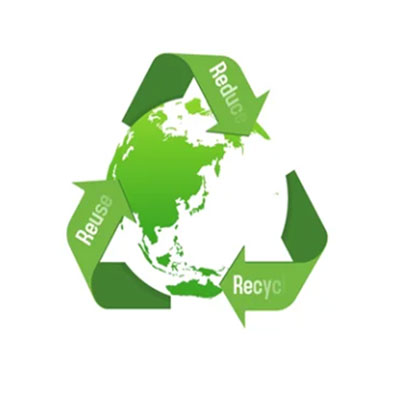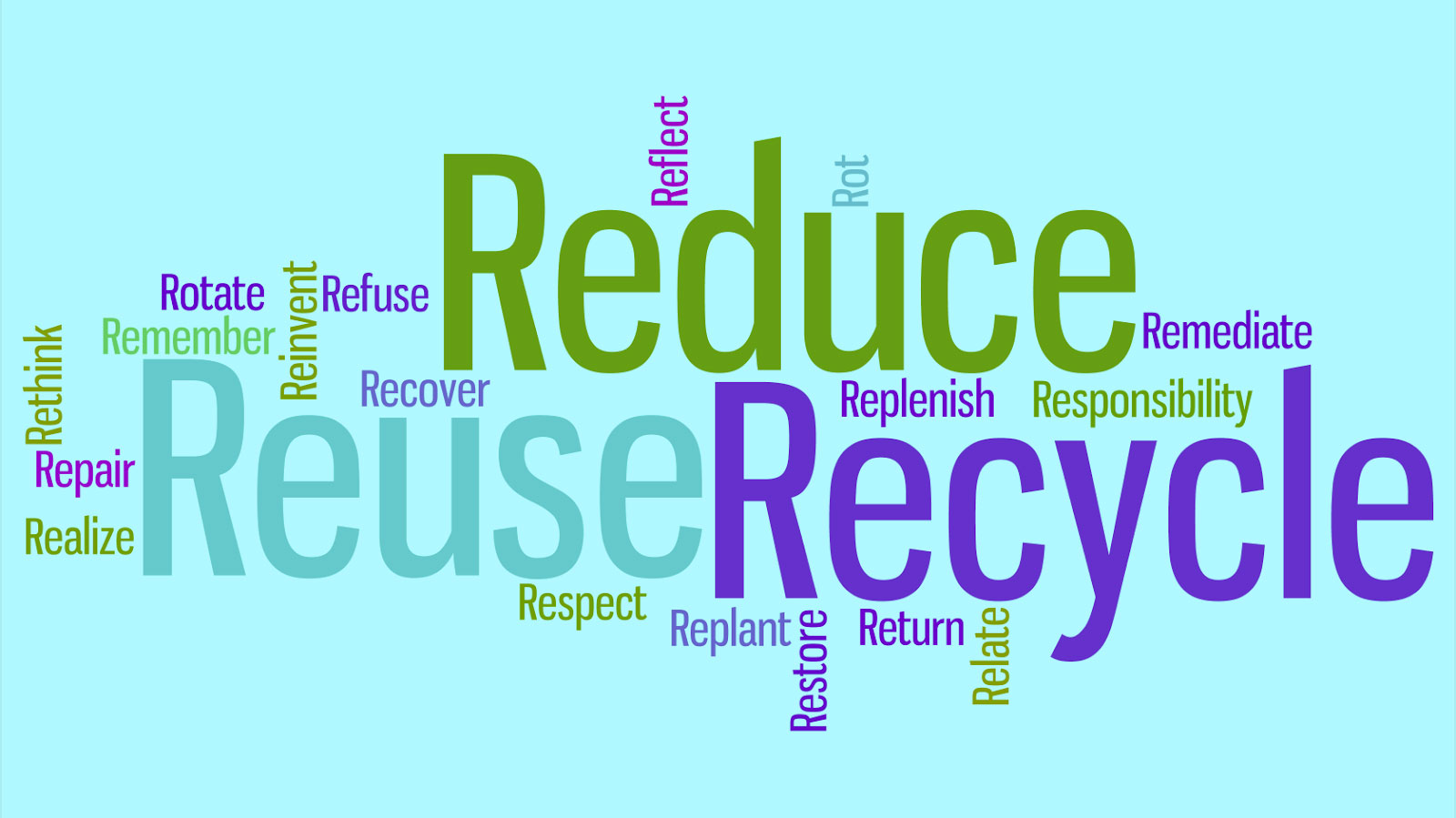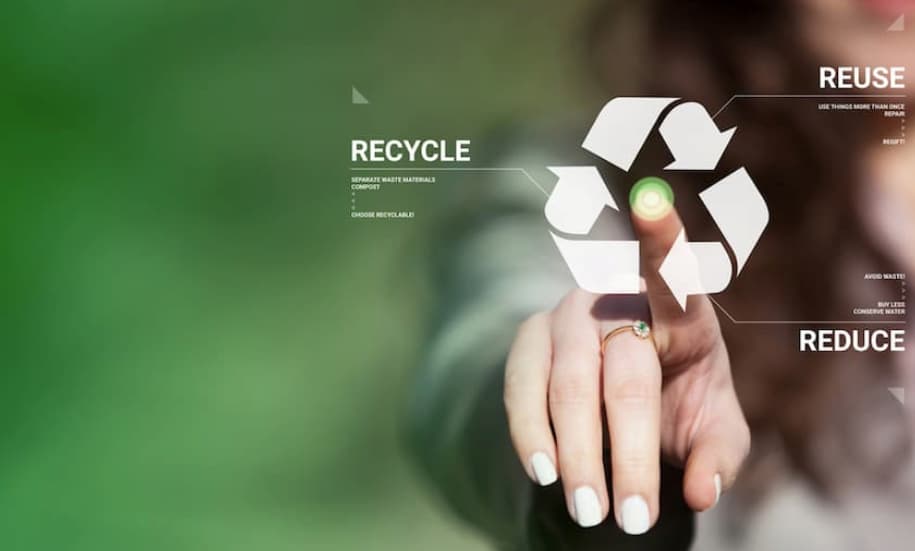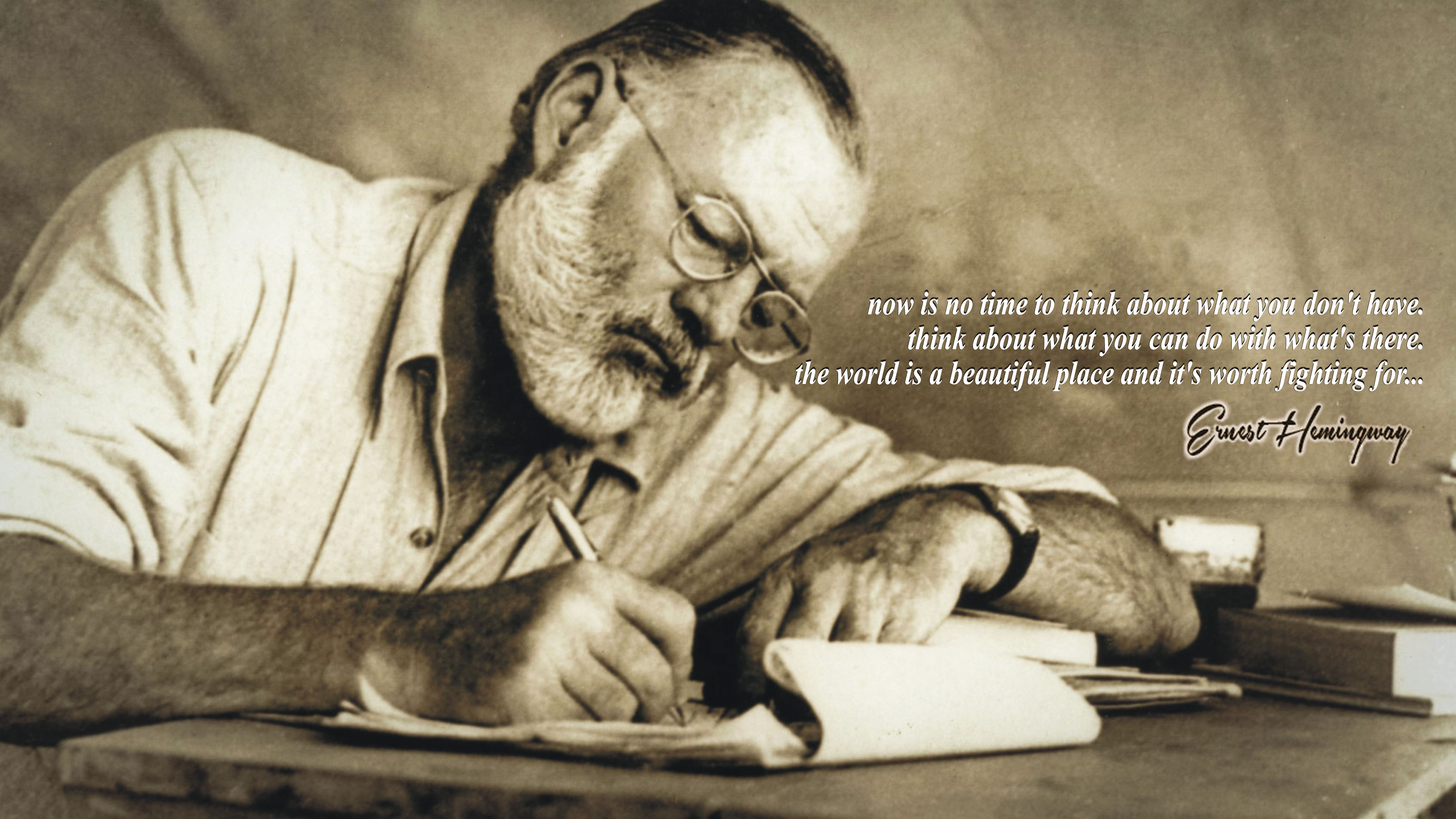
Rule 3R
The three R’s rule promotes Reuse, Recycling and Resource reduction

There are also so-called extractive wastes: a forgotten problem which today can become an opportunity which, thanks to HPP technology, could really make a difference and activate new advantages for the territories
Although CRM mining is negligible in Europe, a factor that contributes to the definition of each CRM, numerous active and abandoned mines for other minerals have been detected, mines sometimes active for more than 100 years, have discarded large quantities of material not considered useful or valuable: "extractive waste". This is a huge environmental problem; which have become toxic waste - acids - sludge, but with HPP today a new opportunity is activated since said "waste" can contain precious CRM that can be recovered, also respecting the now famous 3R Rule and thus responding to the needs of governments by providing them clean energy and critical raw materials they need with zero impact.
The three R rule, which supports Reuse, Recycle and Reduce the resources used, was born as a response to the ever-growing concerns about environmental damage. This general rule actively contributes to addressing the problem of waste and waste production around the world. The objective is to minimize environmental impact and maximize resource efficiency.
The 3R of sustainability are well known throughout the world and have been included since childhood, in the educational path of school and pre-school age. This is because it is important for education in ecology and respect for the environment to take place as soon as possible so that it leads current and future generations to a greater Green conscience (defined as Clean not to be confused with Green) than the generations that had them. preceded.

Where do the 3R come from?
Reduce, Reuse and Recycle, are known as the 3R of sustainability. In reality, this has not always been the case. In fact, their story begins in the 1950s and has changed over time. It all begins with William Russell and Rex Burch, two well-known English academics who developed the concept of the 3Rs in the 1950s and described everything in their famous essay: The Principles of Humane Experimental Technique (1959). But the original 3Rs are not the ones we know today, in fact, they were called: Replacement, Reduction, and Refinement and had as their final objective that of reducing the use of animals and pain to a minimum or distress while achieving critical scientific goals that lead to advances in health and medicine. Over time the concept of the 3Rs has changed, just as society has changed. The objective remains noble, but the original 3Rs have changed into the current 3Rs: reduce, reuse, recycle.
Today, following growing problems from environmental pollution and waste of resources, the main objective of the current 3Rs of sustainability is to prevent waste to preserve natural resources and pay attention not to pollute.
Reduce: first of all it means using fewer resources and therefore creating less waste. It is the first step and the most important from a green perspective;
Reuse: This means using materials more than once in their original form instead of throwing them away after each use. Reuse helps in situations where reduction is not possible and prevents old resources from entering the waste stream;
Recycle: It's the third step. Recycling means converting waste materials into new products, changing them from their original form, through physical and chemical processes. Recycling helps prevent new resources from being used and old materials from entering the waste stream.
Currently it can be said that waste policy is a competence shared by the European Union and all its 25 member states. Indeed, European waste policy and legislation defines the framework within which the 25 EU members can operate.
States develop their national policies. EU legislation is adopted in areas where action is most efficient if measures are taken at European level. It is important to note that due to the risks associated with waste management, EU policy measures to promote the reduction, reuse and recovery of waste are taken in the context of measures that ensure that waste treatment is done under good conditions.
The general European measures to promote the 3R, Reduction - Reuse - Recycling of environmentally friendly waste established in European waste legislation and therefore also valid for our country, are the following:
• The key priorities of waste management are firstly waste prevention, secondly reuse (recycling and energy recovery - in the EU energy recovery is not considered recycling, but recovery), and thirdly correct disposal final. These priorities must be promoted by Member States;
• Waste treatment must not have adverse effects on human health or the environment. The "Best Available Techniques" is the legal reference for the recycling of hazardous waste. Landfills and incinerators are regulated by law which must activate verification checks so that they do not damage the environment, under penalty of closure;
• Waste shipments must be checked if they present risks - low-risk materials flow freely across the EU, while high-risk waste is subject to rigorous control procedures. The export of hazardous waste from the EU is limited.
Our commitment to sustainability
To balance growth and innovation with conscious use of the recovery of critical raw materials, HPP ® engages with Governments for sustainable production. The foundation of our sustainability technology responds to the 3R program: reduce, reuse, recycle with zero impact. This framework encourages actions that lead to the reduction of materials already consumed in the production process, activities that promote reuse or readaptation with the recovery of materials to avoid waste and pollution.
In fact, HPP technology activates the production of matter and energy, distributed in three fundamental actions:
1. recovery of critical raw materials, also called reuse,
2. energy production
3. zero impact
The recovery of critical raw materials consists of using waste material with the aim of recreating the product different from the specific product inserted. In other words, it is the possibility of introducing a recovered material into a production cycle different from the one that generated it. Reuse is an act of recovery that is prioritized but not to the detriment of the three "Rs" of this approach. Energy production can be defined as the use of materials that cannot be reused or recycled, but which have substantial potential to produce useful energy which may be thermal or electrical or even hydrogen. This form of recovery using HPP technology is zero impact.
As you can see, the 3Rs of sustainability are simple to learn and important to implement in the correct way to make our planet a better place for current and future generations. Because: "The world is a beautiful place and it is worth fighting for" (Ernest Hamingway).

Tag
menu